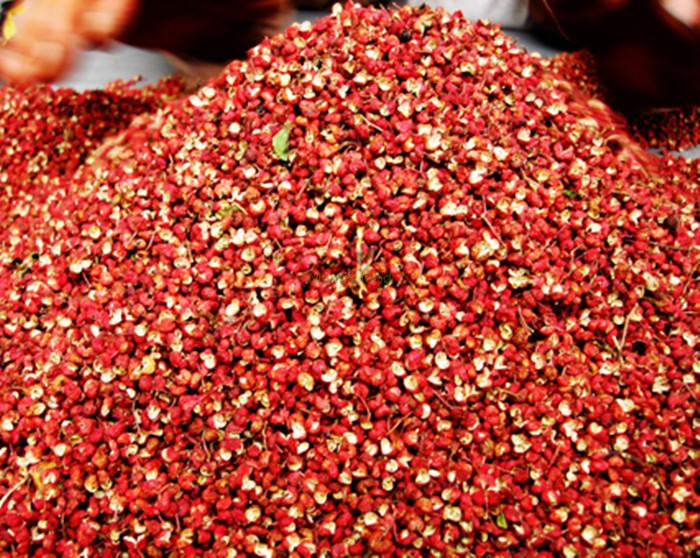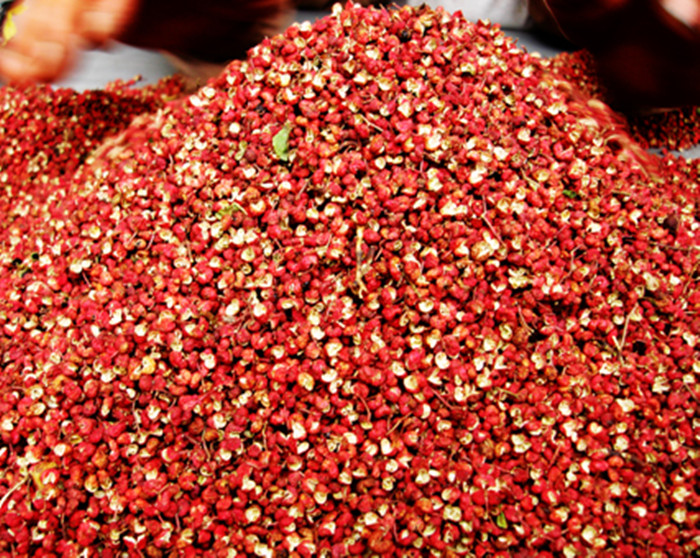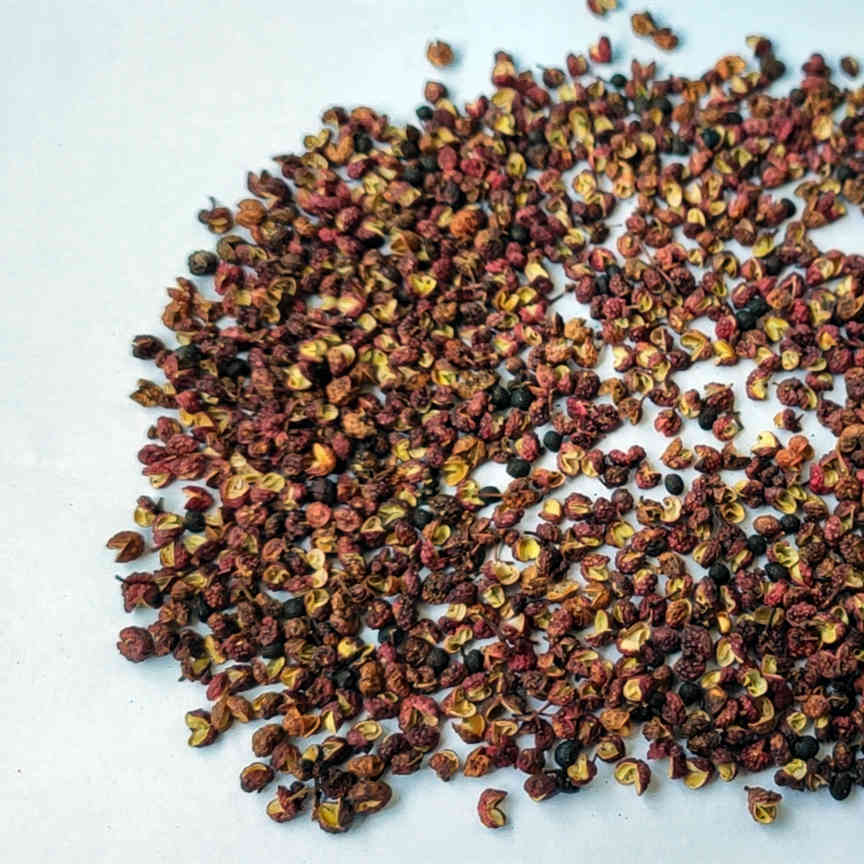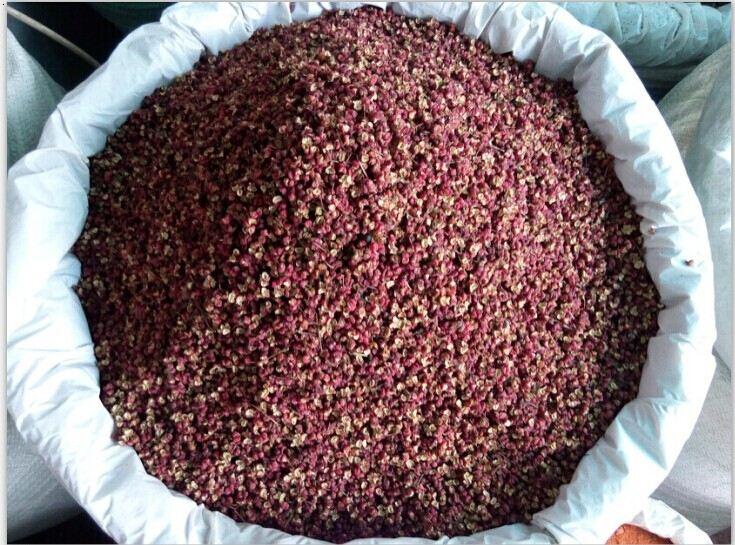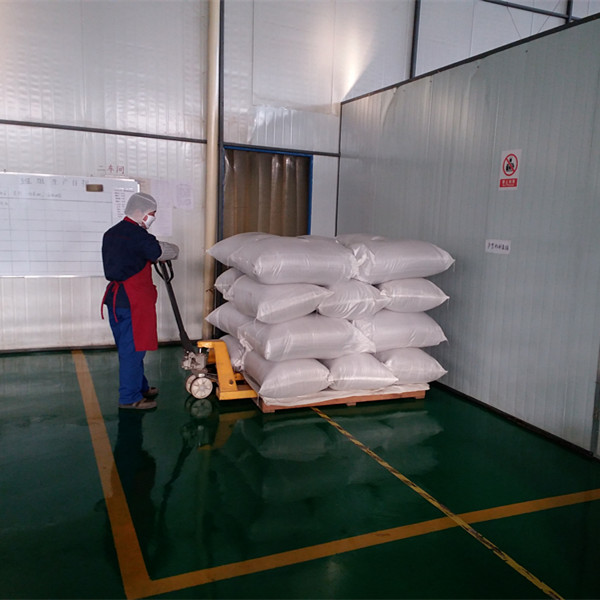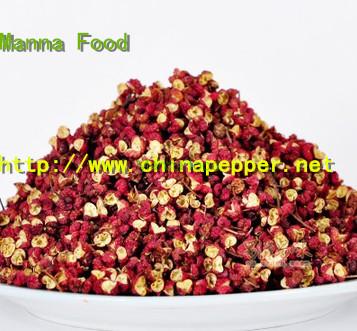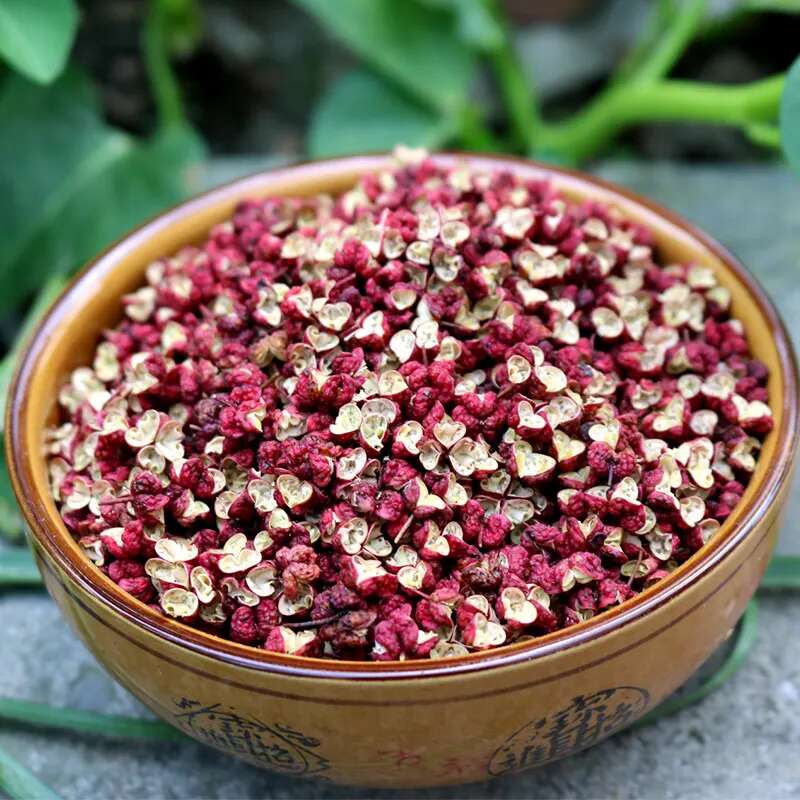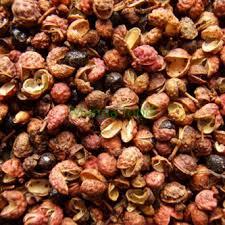Chinese Prickly Ash for Sale
Welcome to Weifang Manna Foods Co., LTD. This is the main destination of your authentic Chinese thorn ash, known for its unique flavor and countless cooking benefits. As the main wholesalers of global spices, we are proud of the top Sichuan pepper and Szechuan Pepper, including green and red varieties, to seduce the global flavor buds.
It can remove the fishy smell, and it can also be used to cook various meats; stimulate saliva secretion and increase appetite; expand blood vessels, thereby lowering blood pressure. The general population is edible, and pregnant women should not eat. The fruit is round, mung bean size, and its skin is a common spice. When mature, the peel is red or purple called red pepper. Seeds are called peppercorns, which are commonly used medicinal materials and spices.
Chinese Prickly Ash Specifications
| Type: Sichuan Pepper | Style: Dried | Part: Seed |
Form: Whole | Color: red | Place of Origin: Sichuan China |
Function:flavor enhancer | Admixture:1%max | Moisture:12%max |
Chinese Prickly Ash Packaging & Delivery
Packing: 50kg/jute bag, 50kg/jute bag, 14ton/20GP, 27TON/40HQ,260 bags/20GP, 520 bags/40HQ, or as the clients' requirement
Delivery: Within 15 days on receipt of deposit
Chinese Prickly Ash Details
Name: Chinese Prickly Ash Also called Chinese Prickly Ash, Chinese Red Pepper
Scientific Name: Zanthoxylum simulans or Zanthoxylum bungeanum
Common Names: Chinese prickly ash, Sichuan pepper, huajiao
Flavor Profile: Spicy, citrusy, numbing, tingling sensation ("ma-la" flavor)
Appearance: Small reddish-brown berries
Usage: Used as a spice in cooking for its unique flavor and numbing sensation.
Culinary Applications: Added to various dishes, sauces, soups, stir-fries, and hot pots in Sichuan cuisine.
Active Compounds: Hydroxy-alpha-sanshool, responsible for the numbing sensation.
Health Benefits: Traditionally used for digestive aid, believed to have anti-inflammatory properties.
Storage: Store in a cool, dry place away from light and moisture.
Varieties: Different varieties exist, such as green Sichuan pepper and red Sichuan pepper, with slight flavor variations.
Why Choose Chinese Prickly Ash from Manna Food?
Unrivaled Quality: Our Prickly Ash is sourced from the finest regions, ensuring unparalleled freshness and potency in every batch. With stringent quality control measures in place, we guarantee a premium product that meets the highest industry standards.
Culinary Versatility: Discover the multifaceted uses of Chinese Prickly Ash in your kitchen. Whether you're crafting traditional Sichuan dishes or experimenting with global flavors, our spices add depth, aroma, and a signature tingling sensation that sets your creations apart.
Health Benefits: Beyond its flavor-enhancing properties, Chinese Prickly Ash boasts a range of health benefits. From stimulating saliva production to promoting appetite and aiding in blood pressure regulation, this versatile spice is a welcome addition to any diet.
Trusted Expertise: With over a decade of experience in the industry, Manna Food is your trusted partner for all things spice-related. From processing to packaging, we adhere to strict quality protocols to ensure customer satisfaction every step of the way.
Unlock the Potential of Chinese Prickly Ash with Manna Food
Whether you're a culinary enthusiast, professional chef, or spice connoisseur, Manna Food invites you to experience the unparalleled quality and flavor of Chinese Prickly Ash. Elevate your dishes, tantalize your taste buds, and embark on a culinary journey like no other with our premium spices. Contact us today to place your order and discover the essence of authentic Sichuan cuisine.
FAQ
What is Chinese prickly ash?
Chinese prickly ash, scientifically known as Zanthoxylum simulans or Zanthoxylum bungeanum, is a plant commonly used in Chinese cuisine for its flavorful and aromatic berries. It is a member of the Rutaceae family and is native to China.
The berries of Chinese prickly ash, also known as "huajiao" or "hua jiao" in Chinese, are a distinctive spice that imparts a numbing and tingling sensation to the tongue. This unique flavor profile is caused by compounds such as hydroxy-alpha-sanshool found in the berries. Chinese prickly ash is widely used in Sichuan cuisine and other regional Chinese dishes.
What is the flavor of Chinese prickly ash?
The berries of Chinese prickly ash have a spicy, citrusy, and numbing flavor. They are often described as producing a "ma-la" sensation, where "ma" refers to the numbing feeling and "la" refers to spiciness.
How is Chinese prickly ash used in cooking?
Chinese prickly ash berries are used whole or ground as a spice in a variety of Chinese dishes, particularly in Sichuan cuisine. They are added to sauces, soups, stews, stir-fries, and hot pots to enhance flavor and create the distinctive numbing sensation.
Are there health benefits associated with Chinese prickly ash?
Chinese prickly ash has been used in traditional Chinese medicine for its potential health benefits. It's believed to aid digestion, improve blood circulation, and have anti-inflammatory properties. However, scientific research on these claims is ongoing.
Is Chinese prickly ash the same as green prickly ash?
While both Chinese prickly ash and green prickly ash belong to the Zanthoxylum genus and have similar flavor profiles, they are distinct species. Chinese prickly ash (Z. simulans or Z. bungeanum) is commonly used in Chinese cuisine, while green prickly ash (Z. schinifolium) is more prevalent in Korean cuisine.
Where can I find Chinese prickly ash?
Chinese prickly ash can be found in Asian markets, specialty spice shops, or online retailers that specialize in Asian ingredients. It's often sold as whole berries or ground powder. Of course you can also contact us to buy.
Can I grow Chinese prickly ash at home?
If you live in a suitable climate and have the right conditions, you might be able to grow Chinese prickly ash as a shrub. However, like any plant, proper care and cultivation practices need to be followed.
Are there any precautions when using Chinese prickly ash?
As with any spice, it's best to start with a small amount and adjust to your taste. Some people might be more sensitive to the numbing sensation, so it's important to gauge your tolerance. Additionally, individuals with allergies to plants in the Rutaceae family should exercise caution.
